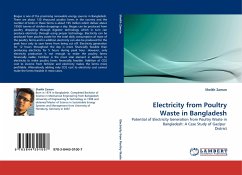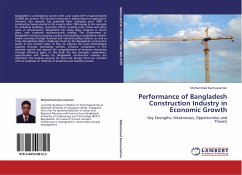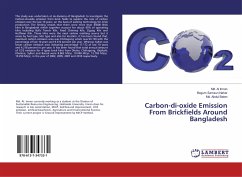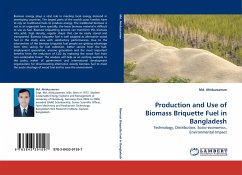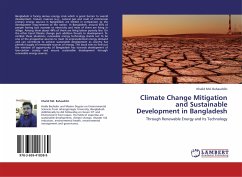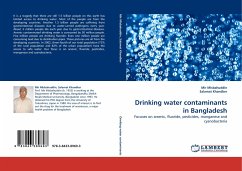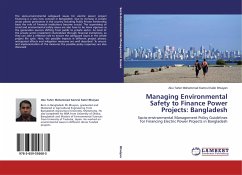Biogas is one of the promising renewable energy sources in Bangladesh. There are about 130 thousand poultry farms in the country and the number of birds in these farms is about 195 million which deliver about 19500 tonnes of chicken droppings a day. Biogas can be produced from poultry droppings through digester technology which in turn can produce electricity through using proper technology. Electricity can be produced from poultry waste for the total daily consumption of most of the poultry farms,and in addition electricity can also be produced for the peak hour only to save farms from being cut off. Electricity generation for 12 hours throughout the day is more financially feasible than producing electricity for 5 hours during peak hour. However, only electricity production is not enough to make the poultry farms financially viable. Fertilizer is the most vital element in addition to electricity to make poultry farms financially feasible. Addition of CO2 cost to income from fertilizer and electricity makes the farms more profitable. Alternatively adding only CO2 cost to electricity cost cannot make the farms feasible in most cases.
Bitte wählen Sie Ihr Anliegen aus.
Rechnungen
Retourenschein anfordern
Bestellstatus
Storno

